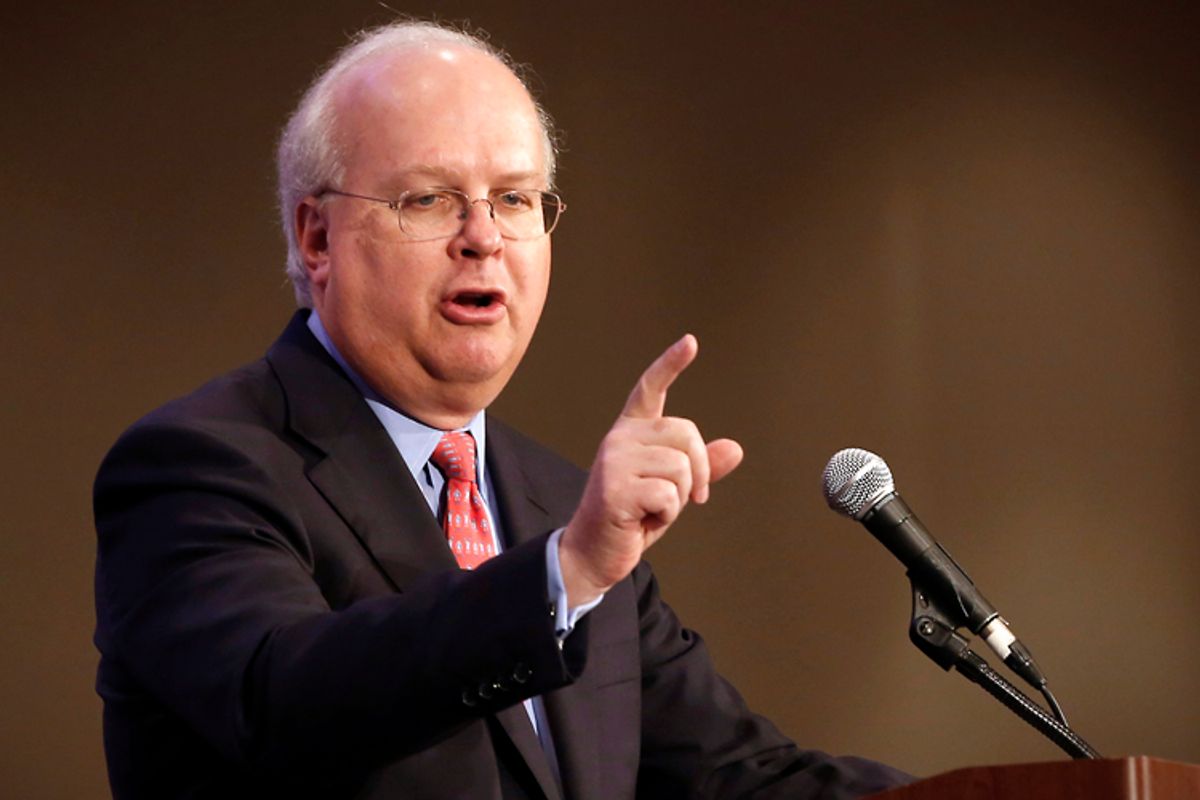The typical argument for why Republicans must unite behind immigration reform has to do with voter demographics — that Latino voters, as well as young black and white voters, who are increasingly dominating the electorate, will punish Republicans in the ballot box if the party doesn’t support meaningful reform. But there’s another very powerful electoral variable at play: money.
Several major Republican donors and financial interests are putting serious muscle into the push for comprehensive immigration reform. If House Republicans scuttle the effort, will pro-immigrant pockets pull back in the next few cycles?
The conservative super PAC Republicans for Immigration Reform was launched by Carlos Gutierrez (commerce secretary under President George W. Bush) and Charles Spies. Spies is one of the top fundraisers in the GOP, a force behind the pro-Romney super PAC Restore Our Future in the 2012 race, which ultimately unloaded $153 million in the election.
The Republicans for Immigration Reform super PAC organized more than 100 prominent Republican donors and other leaders to sign a letter to Republicans in Congress urging them to back immigration reform, including a path to citizenship for our nation’s 11 million undocumented Americans. Signatories included Karl Rove, an influential ATM for Republican candidates, who has written in his own essays about why the party should back reform.
Strong support for comprehensive immigration reform has also come from the steadfastly conservative U.S. Chamber of Commerce, the association of big business interests in Washington. The Chamber consistently outspends every other lobbying or interest group in politics. In the last two years alone, it doled out $69.5 million to candidates for Congress.
The Chamber has launched a hefty, million-dollar campaign to promote immigration reform, arguing that a comprehensive solution is "essential to continued economic growth." Yet it has been reported that recent beneficiaries of Chamber campaign contributions have voted against or voiced opposition to pending immigration reform legislation.
Immigration reform is an eventuality in Washington. A path to citizenship and broad opportunities for 11 million aspiring Americans enjoys wide support among the American people as well as the majority of Democrats and a growing chorus of Republicans, not to mention figureheads in business and labor. So it is plausible that Republicans who are holding out for reasons of optics (rather than strict ideology) jump on board at the last minute to get on the winning side, especially vis-à-vis pro-reform donors.
Certainly, pro-reform GOP donors have indicated an interest in providing extra help and cover to Republicans who enthusiastically get behind immigration reform. For instance, the National Journal reported that his leadership role pushing for immigration reform did not hurt Sen. Marco Rubio’s coffers. But whether big GOP donors and institutions will actively punish those who oppose immigration reform remains to be seen. It’s not like they’ll give that money to Democrats instead. But it may provide fodder for efforts like Karl Rove’s Conservative Victory Project, to put muscle behind more establishment (including pro-immigration reform) GOP candidates to defeat fringe Tea Party elected officials.
Meanwhile, there’s at least one way in which GOP support for immigration reform affects money — and not as you might expect. Earlier this year, when Republican Sen. Lindsey Graham was being attacked in his home state of South Carolina for supporting immigration reform, Republicans for Immigration Reform wanted to run ads in Graham’s support. They needed some money to do so. So they got a $60,000 donation from the liberal immigrant rights organization America’s Voice.



Shares